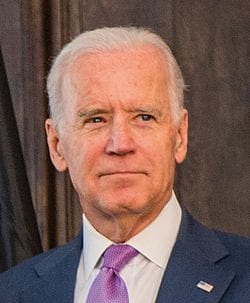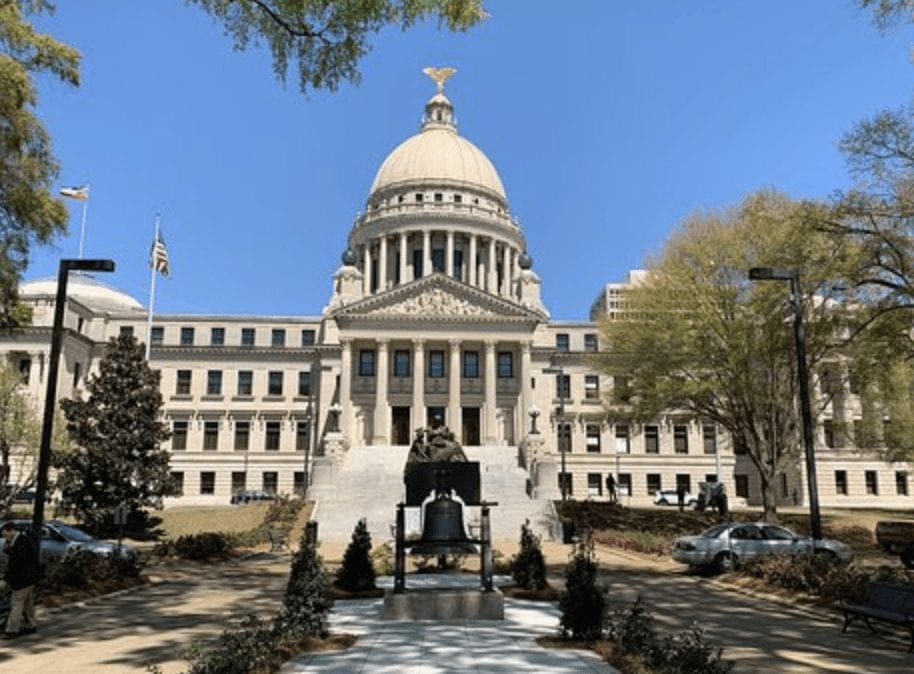
The Mississippi Department of Health has filed an amicus brief in support of the City of Madison and Mayor Mary Hawkins Butler’s challenge of the medical marijuana Initiative 65 that passed in November with 74% of the vote. The matter is currently before the Mississippi Supreme Court.
Madison filed the challenge the week before the General Election arguing that due to the constitutional provision that signatures must be collected from the state’s old five congressional districts, the required number of signatures were not obtained for the initiative to be properly before the voters.
Secretary of State Michael Watson maintained that the process used was similar to what has occurred in the past, with the former Secretary of State Delbert Hosemann relying on an Attorney General’s opinion by then AG Jim Hood.
According to the approved constitutional amendment via Initiative 65, the State Department of Health is tasked with overseeing and administering the medical marijuana program in Mississippi. The department argues in its amicus brief that it will be “a monumental task.”
“The amendment touches nearly all areas of society, including healthcare, criminal justice, zoning, education, taxes, appropriations, employment, insurance, interstate commerce, advertising, public records, and legal oversight,” MSDH states in the filing. “Unless the Judicial Branch intervenes, MSDH will be forced to create a large database and write complex regulations in less than seven months. Pending before this Court is a straightforward reason why MSDH should not be required to perform such a Herculean feat.”
MSDH argues that there are many content problems with the amendment, including “its wide-ranging scope and conflicts with existing state and federal law.”
The brief was filed by MSDH counsel Todd Butler and Mallory Bland with Phelps Dunbar LLP.
MSDH says Initiative 65 was not simply one constitutional amendment, but many.
“Although Initiative 65 was advertised as a ‘single’ initiative, it in reality
amounts to at least 14,” the brief states. “The amendment spans from healthcare to advertising and impacts everything in between, including education, employment, and insurance. It addresses how the medical marijuana program is to be funded and requires MSDH to implement, administer, and enforce a comprehensive regulatory scheme. It alters the criminal code and removes zoning power from local authorities. It exempts medical marijuana from all state and local taxes. It contains public reporting requirements and requires judicial oversight of licensing. Even public-record requests and interstate agreements are not left unscathed. Overall, it would be difficult to imagine a more expansive coverage area.”
The amicus brief goes on to states that Initiative 65 violates the separation of powers.
“Despite our governmental structure being built on checks and balances, Initiative 65 charges an executive agency with the duty of appropriating and expending funds with no prior authorization or oversight. This is an encroachment on the ‘power of the purse,’ for the Constitution vests authority to appropriate financial resources exclusively in the Legislative Branch,” MSDH attorneys say.
The case is set to be heard in early January. Other amicus briefs could be forthcoming before the Mississippi Supreme Court considers the merits.
You can read the brief filed by MSDH below.
Amicus Brief by MSDH in Madison Initiative 65 Case by yallpolitics on Scribd











